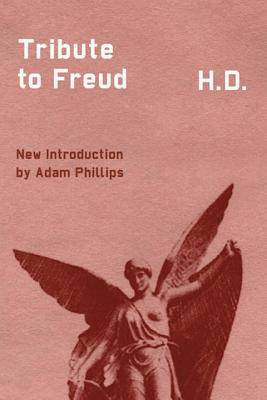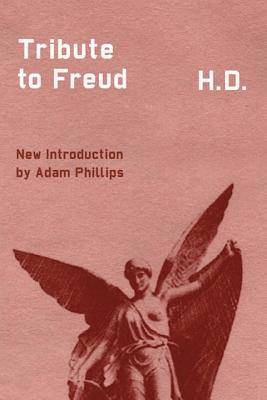
- Afhalen na 1 uur in een winkel met voorraad
- Gratis thuislevering in België vanaf € 30
- Ruim aanbod met 7 miljoen producten
- Afhalen na 1 uur in een winkel met voorraad
- Gratis thuislevering in België vanaf € 30
- Ruim aanbod met 7 miljoen producten
Zoeken
Omschrijving
"My bat-like thought-wings would beat painfully in that sudden searchlight," H.D. writes in Tribute to Freud, her moving memoir. Compelled by historical as well as personal crises, H.D. underwent therapy with Freud during 1933-34, as the streets of Vienna were littered with tokens dropped like confetti on the city stating "Hitler gives work," "Hitler gives bread." Having endured World War I, she was now gathering her resources to face the cataclysm she knew was approaching. The first part of the book, "Writing on the Wall," was composed some ten years after H.D.'s stay in Vienna; the second part, "Advent," is a journal she kept during her analysis. Revealed here in the poet's crystal shard-like words and in Freud's own letters (which comprise an appendix) is a remarkably tender and human portrait of the legendary Doctor in the twilight of his life. Time double backs on itself, mingling past, present, and future in a visionary weave of dream, memory, and reflections.
Specificaties
Betrokkenen
- Auteur(s):
- Uitgeverij:
Inhoud
- Aantal bladzijden:
- 144
- Taal:
- Engels
Eigenschappen
- Productcode (EAN):
- 9780811220040
- Verschijningsdatum:
- 12/06/2012
- Uitvoering:
- Paperback
- Formaat:
- Trade paperback (VS)
- Afmetingen:
- 130 mm x 203 mm
- Gewicht:
- 226 g

Alleen bij Standaard Boekhandel
+ 47 punten op je klantenkaart van Standaard Boekhandel
Beoordelingen
We publiceren alleen reviews die voldoen aan de voorwaarden voor reviews. Bekijk onze voorwaarden voor reviews.











